In this month’s regular column from CEJA (European Council of Young Farmers), President, Matteo Bartolini explains what the EU is doing to support farmers following the import ban by Russia on EU food products.
MF: Can you provide some background on the Russian ban on EU food products?
MB: On 6 August 2014, the Kremlin published a decree announcing a Russian embargo on a number of agricultural imports in response to EU punitive sanctions over Russia’s actions in Ukraine. American, Norwegian, Canadian and Australian imports are faced with the same fate. Russia is the largest importer of EU agricultural produce with just under 10% of EU agri imports destined for the country. These imports were worth around €11 billion last year, half of which has now been banned by the Russians. The ban, which has been set for a year, will hit individual European farmers in particular, especially those who rely on export markets and who grow a small variety of produce. The ban will also hit Russian consumers with price hikes for certain products. The European Commission has been quick to try to support EU farmers with emergency measures. However, it is clear that funds available are simply not enough.
MF: What do these emergency measures include?
MB: The first measures outlined were to assist peach and nectarine producers and consisted of decreasing the volumes of fruit available on the market in an attempt to avoid plummeting prices.Extra funds are also being provided for promotion. Peach growers have been hit particularly hard. Indeed, such measures were already under discussion before the announcement of the Russian ban. The weather this year has contributed to an increase in supply but also a rapid advancement in maturity. This led to a much greater intensity of supply at the start of the season rather than a more even spread over the following weeks. Cooler and more humid conditions in June and July also slowed down consumption during this time. The budget for these measures is €29.7 million for withdrawals and €3 million for promotion, allocated to Italy, Spain, Greece and France on the basis of annual production.
MF: What was the EU’s next step?
MB: The Commission then put in place a reinforced market monitoring mechanism (to which all Member States will contribute) in order to provide faster and better access to data, sector by sector, in these uncertain times. Following this, the next measures were announced on 18 August and targeted perishable fruit and vegetables - the latest products to come up against serious difficulties. The products affected here are: tomatoes, carrots, white cabbage, peppers, cauliflowers, cucumbers, gherkins, mushrooms, apples, pears, red fruits, table grapes and kiwis. Support measures, aiming to reduce the supply of these products, will be available to every EU farmer who produces any of these items.
MF: What is being done for the dairy sector?
MB: On 28 August, a meeting was called to discuss support measures for the milk and dairy sector which has just started showing signs of being hit by the ban. EU dairy exports to Russia last year were worth €2.3 bn, notably in the form of cheese (€1.0 bn). Export earnings are being lost and new markets need to be found. In the meantime, the European Commission will provide Private Storage Aid for butter and skimmed milk powder, with a view to extending this to cheese too.
MF: How is CEJA getting involved?
MB: In response to the Russian ban, CEJA has launched its own campaign to attempt to raise awareness of the issue among the general public. Our campaign also encourages the purchase of agricultural products produced in the EU and promotes the export of these to new markets. We are inviting people to demonstrate their support by taking a #veggieselfie, showing the eating of fruit and vegetables, cheese or drinking milk, etc. You can then post it to the CEJA Facebook page (www.facebook.com/cejayoungfarmers), the CEJA Twitter account (www.twitter.com/_CEJA_) or send it to the office at allusers@ceja.eu
If you would like If you would like to get in touch with Matteo Bartolini or CEJA, email allusers@ceja.eu
Go to: Massey Ferguson Global Facebook page
Go to: CEJA Young Farmers Facebook page


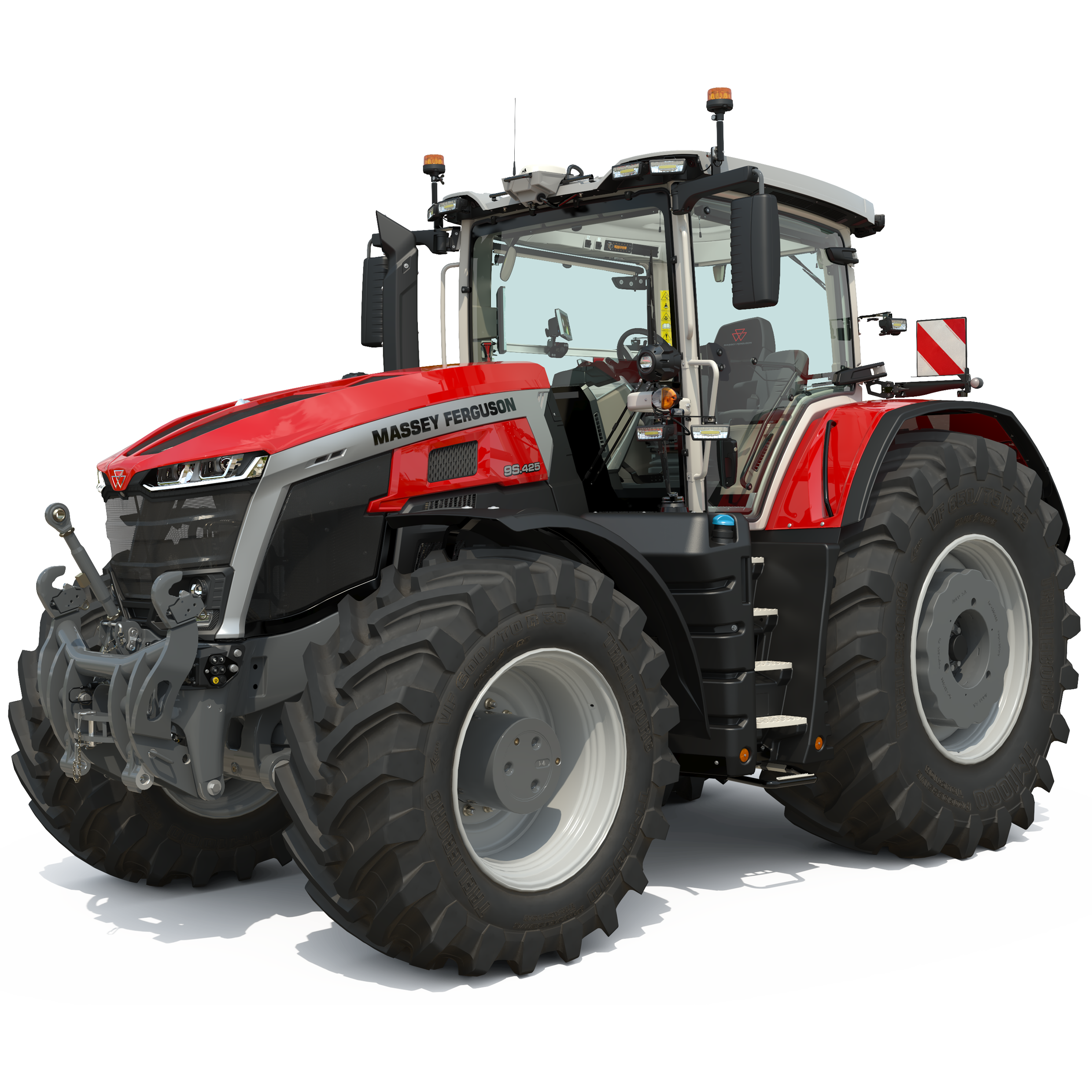








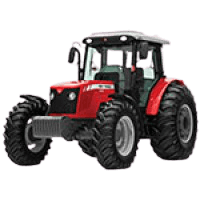

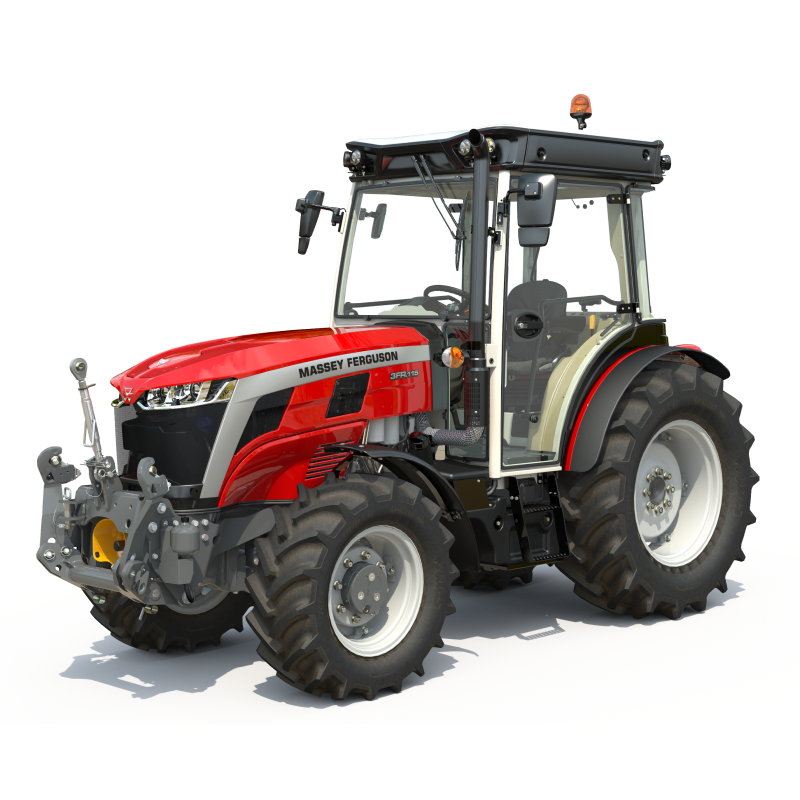
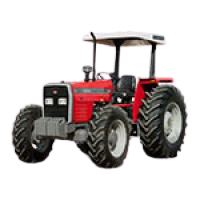
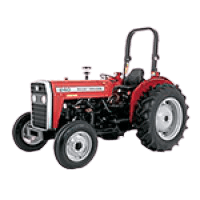
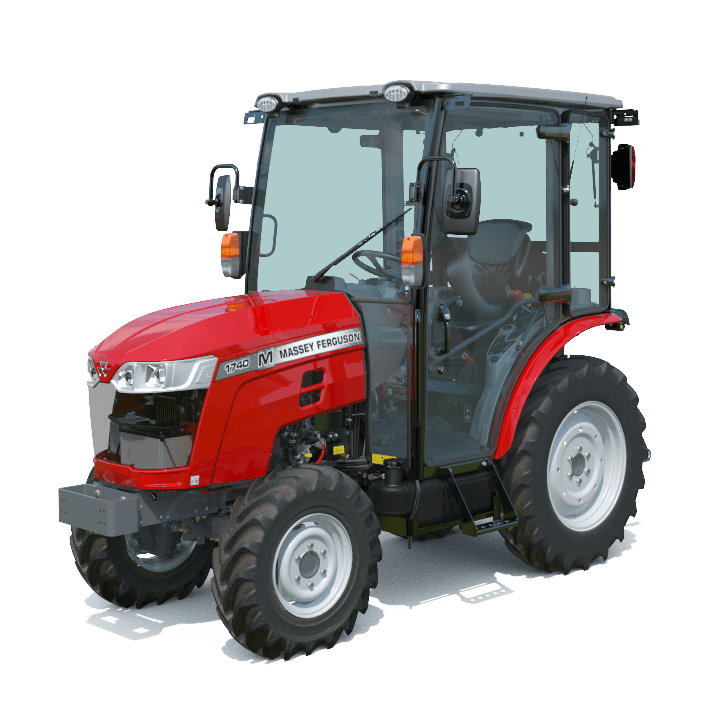


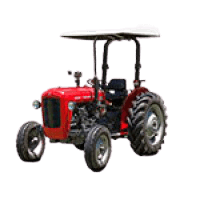
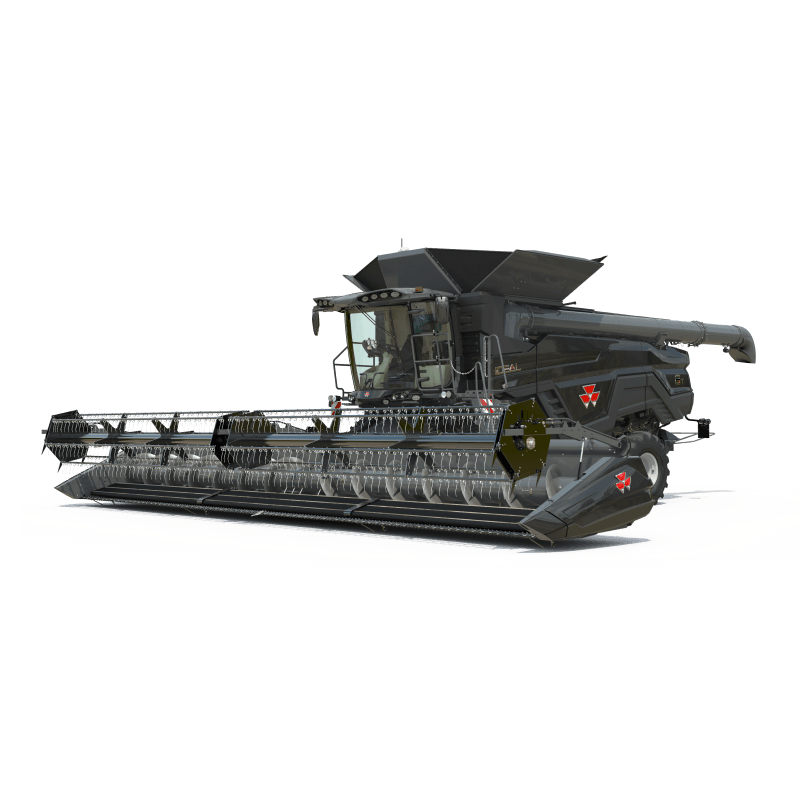
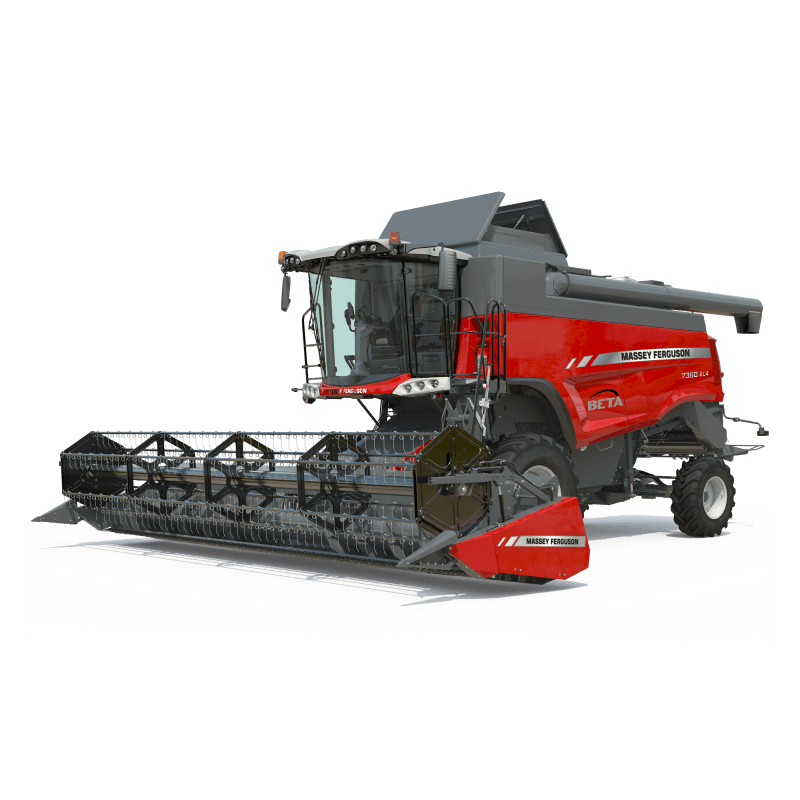
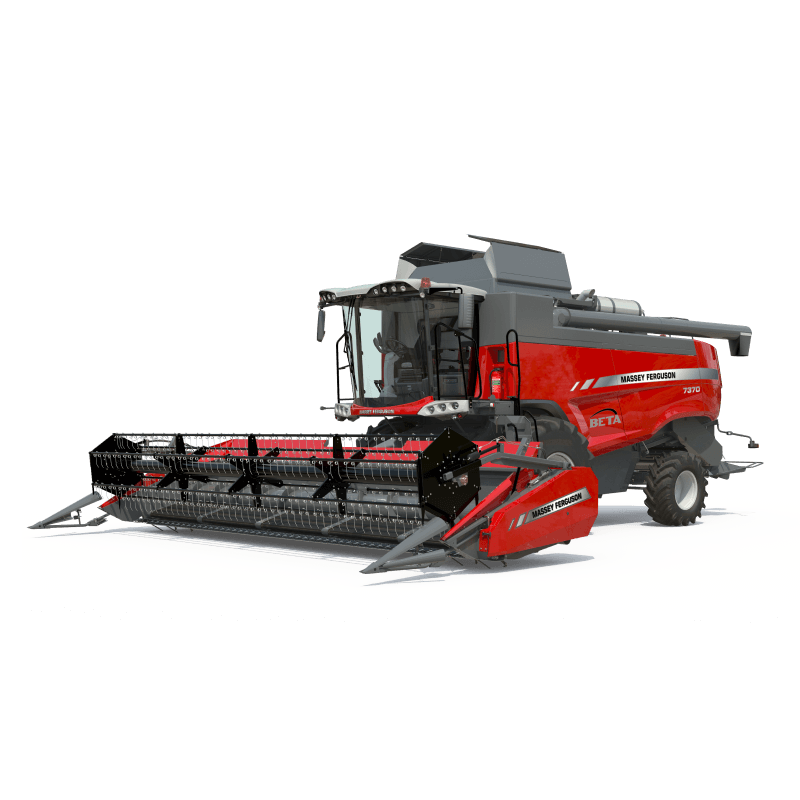
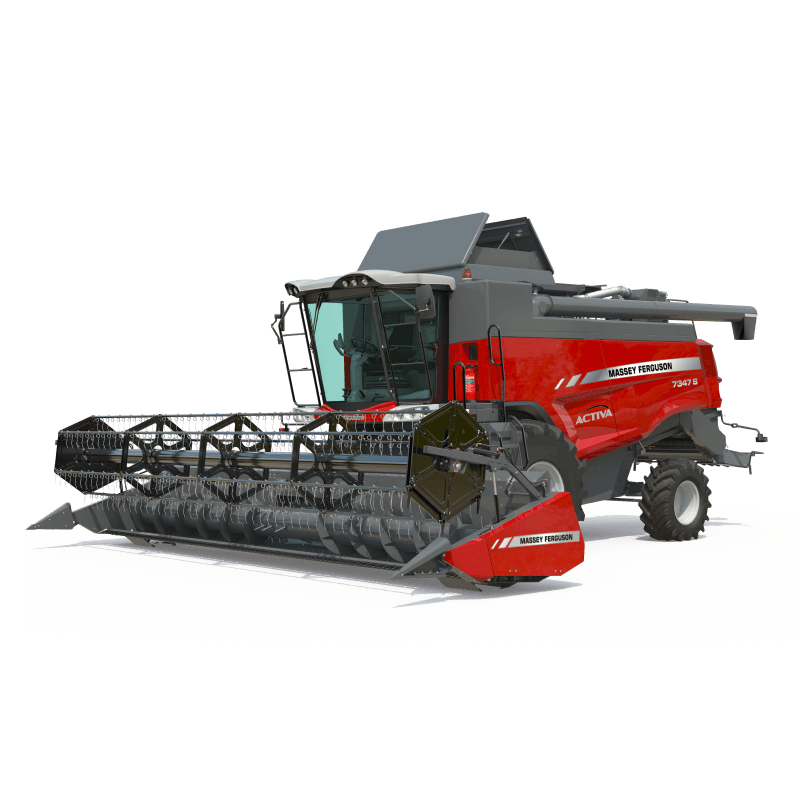
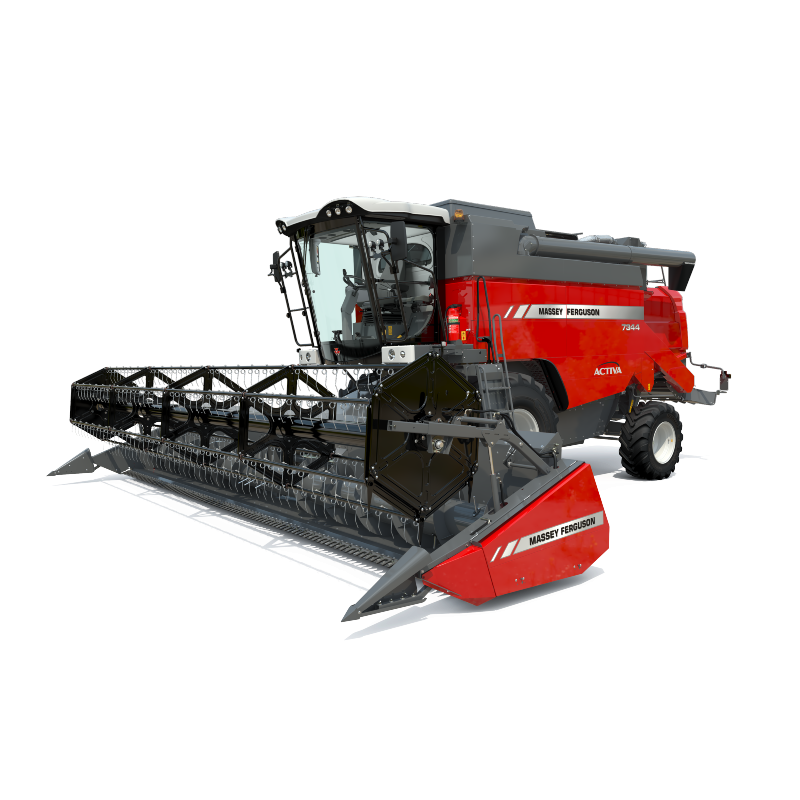
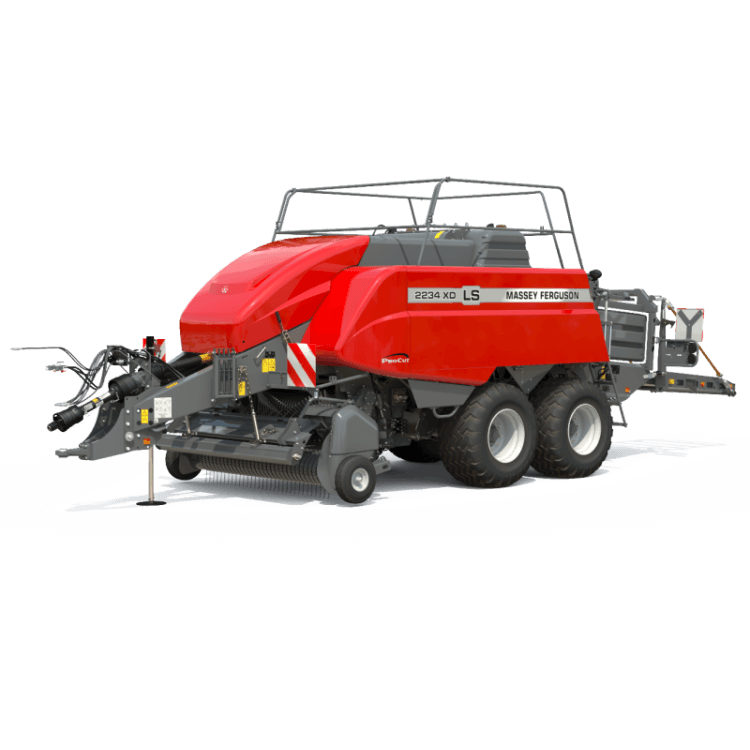
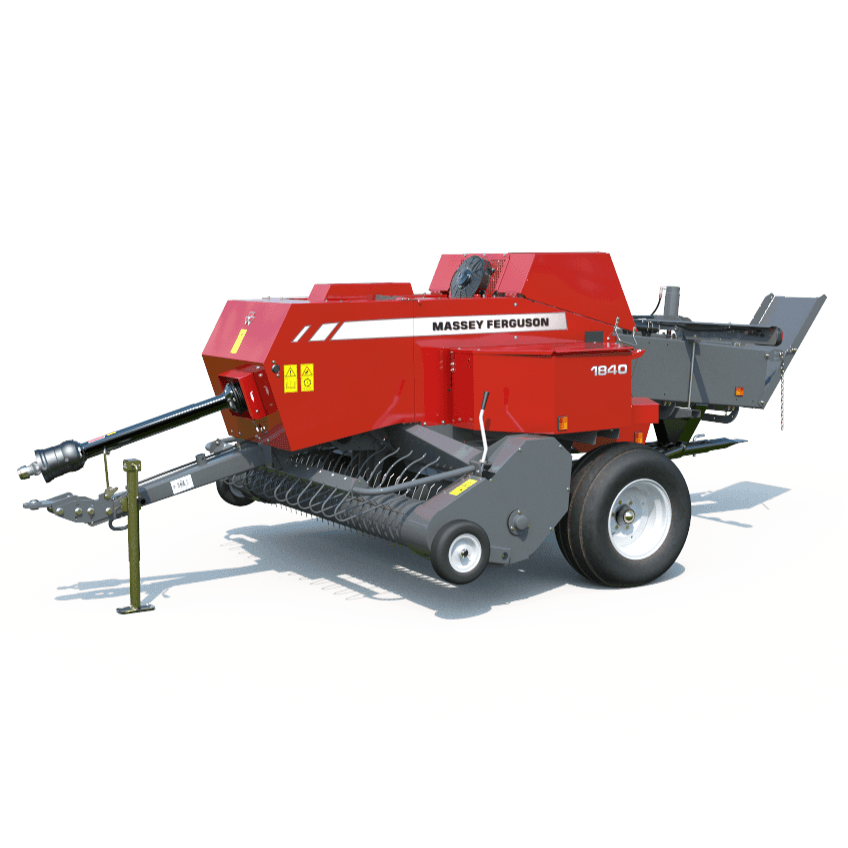
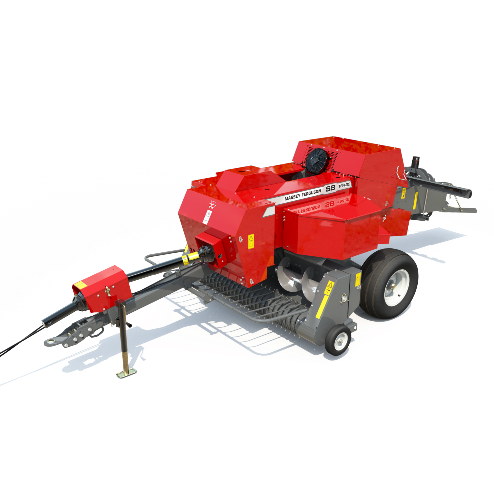
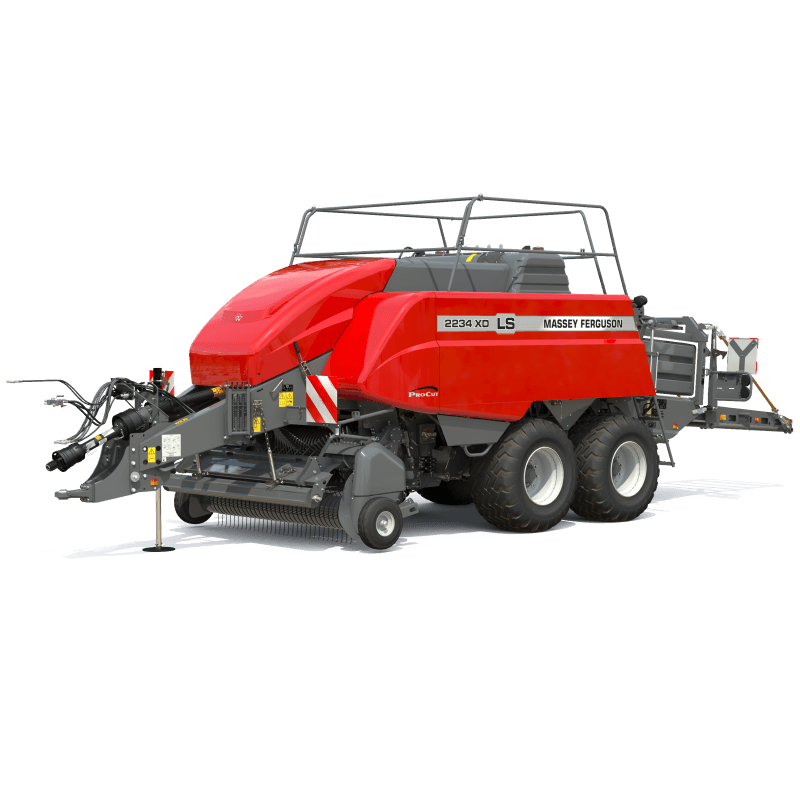
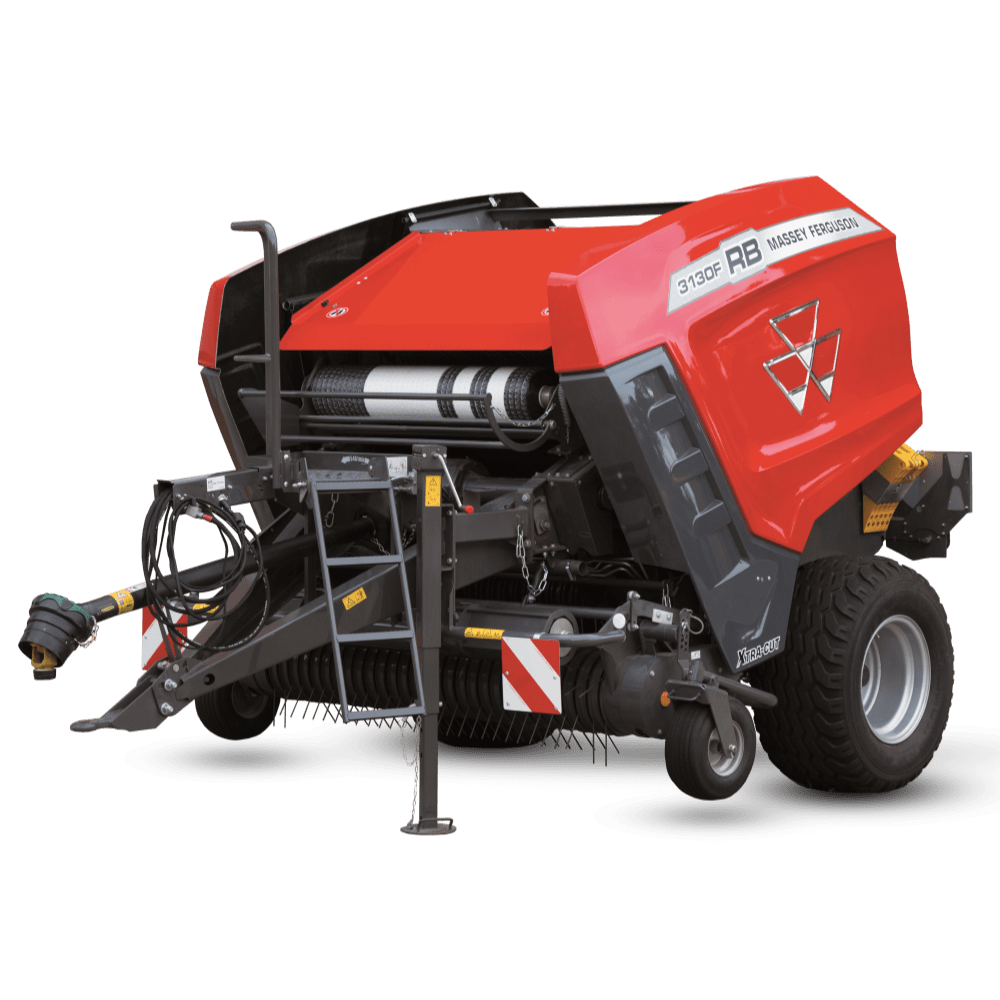
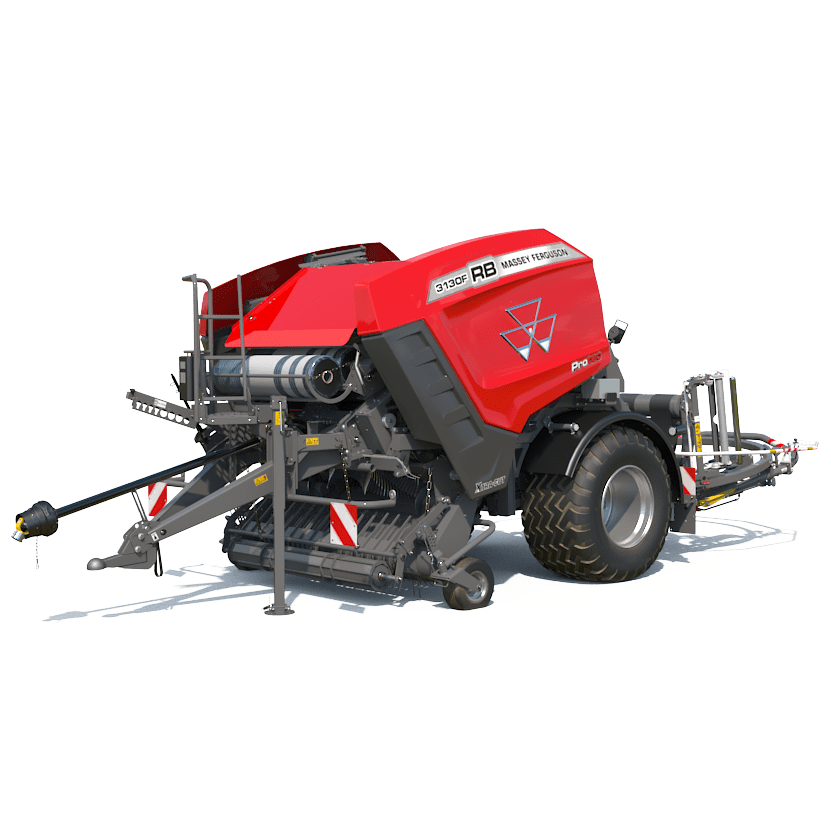
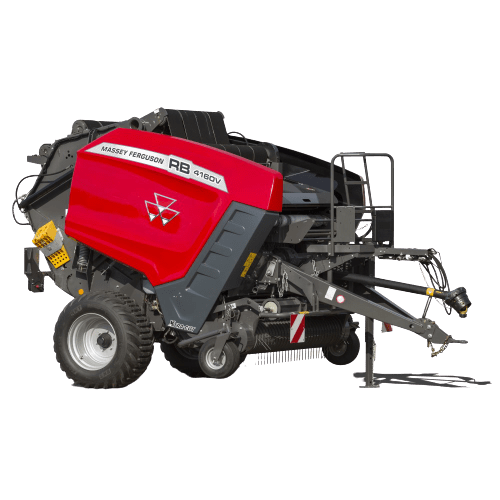
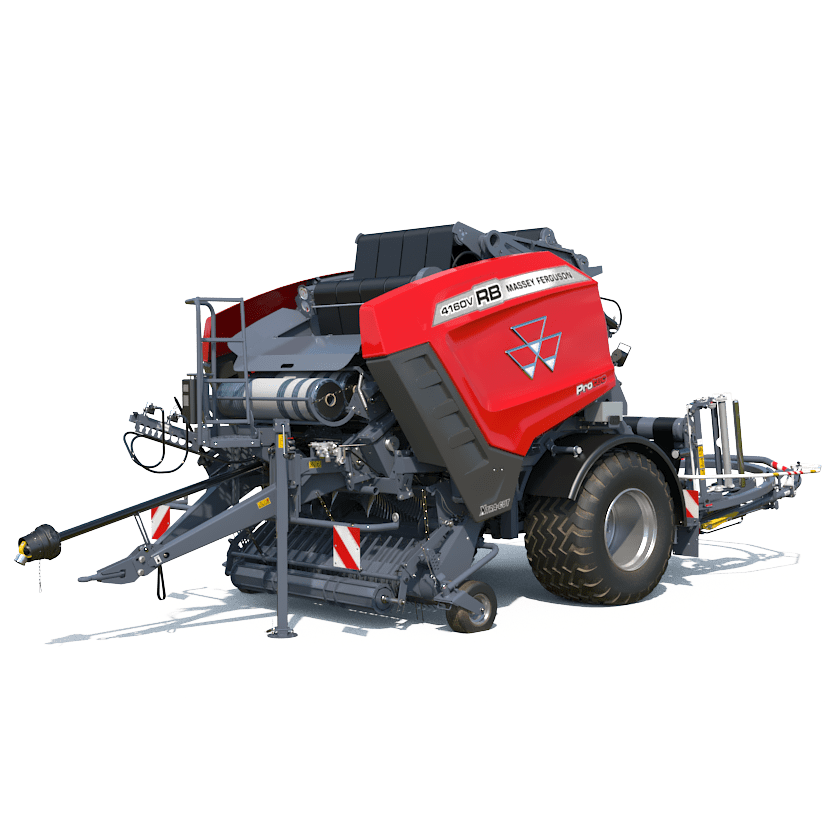

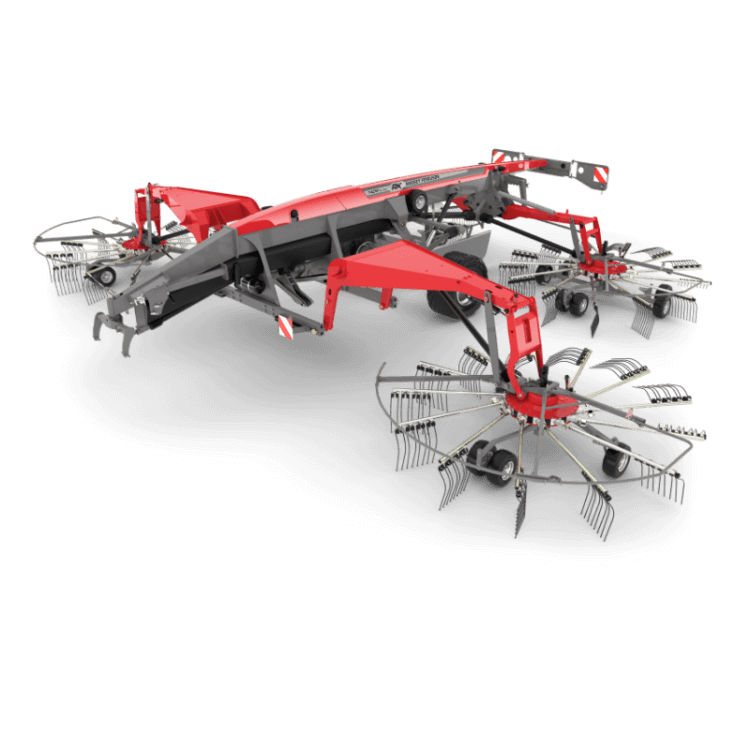
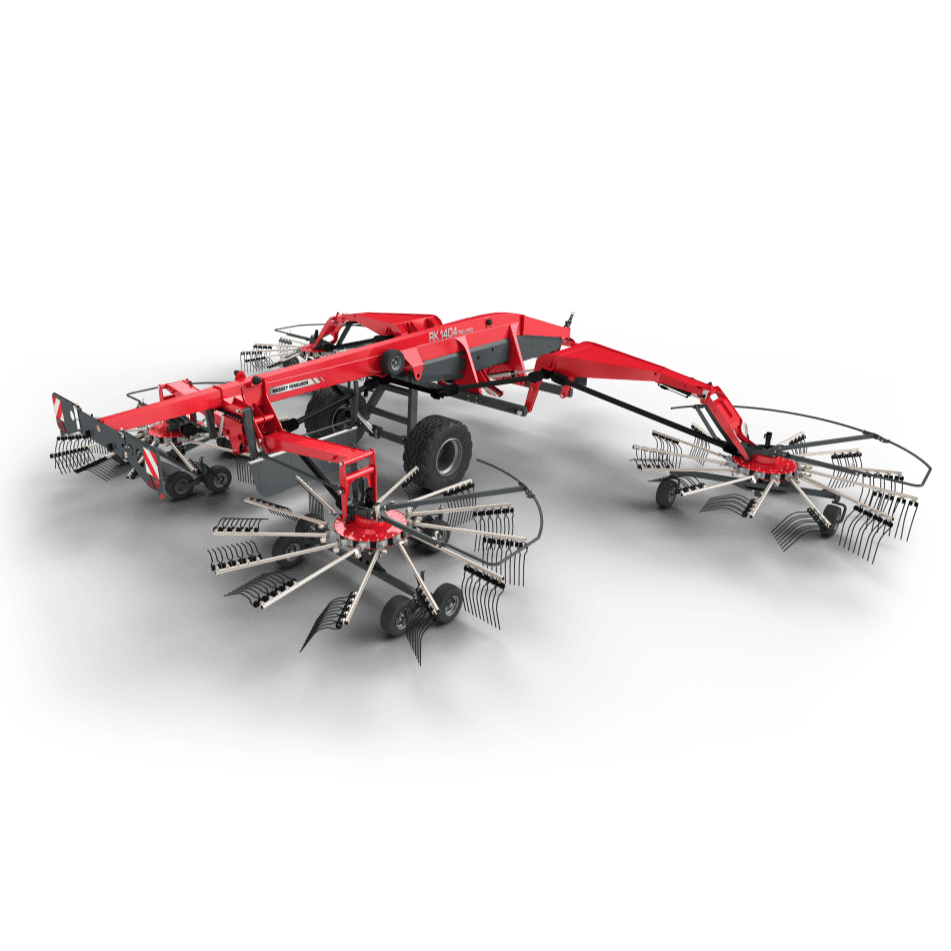

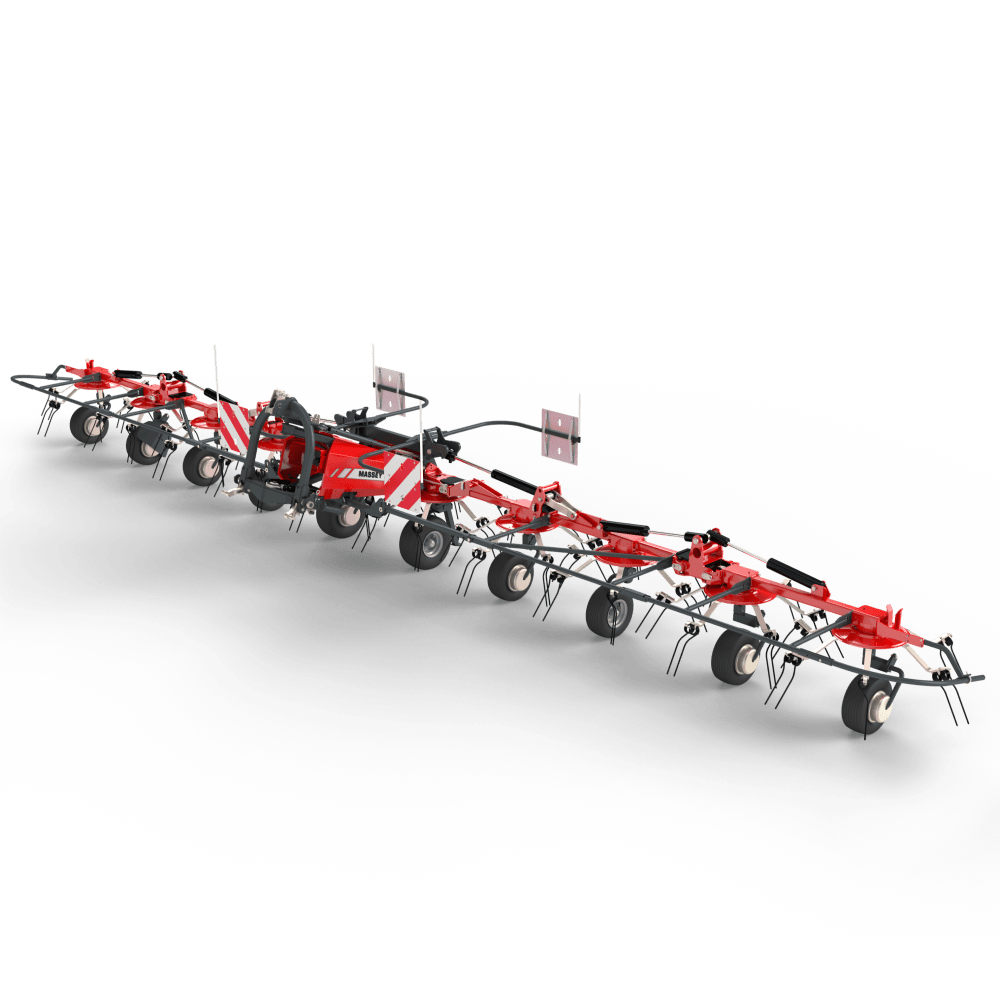



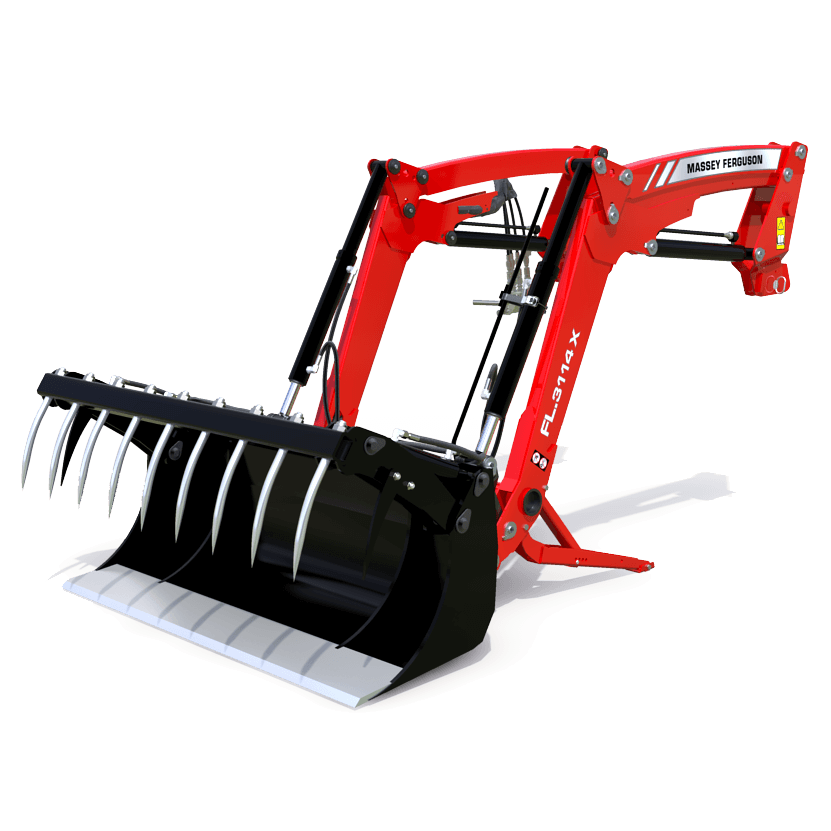
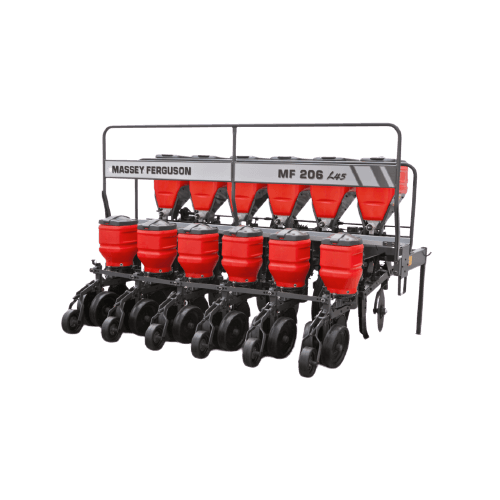
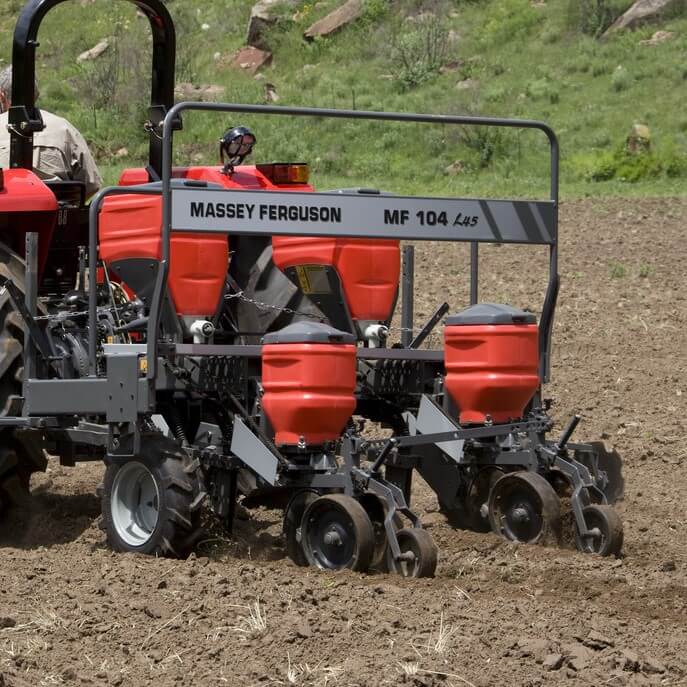
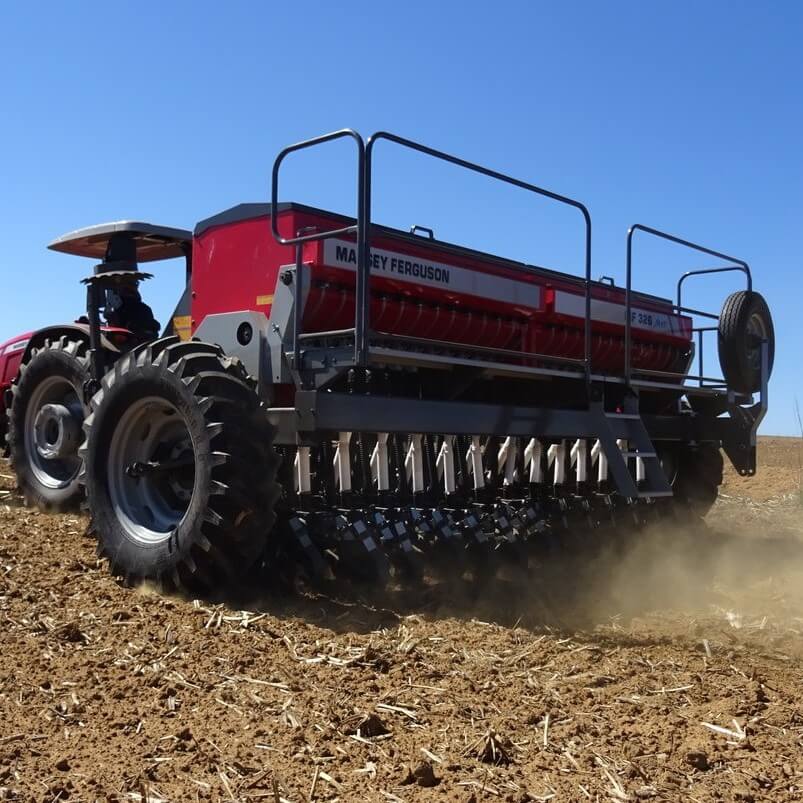
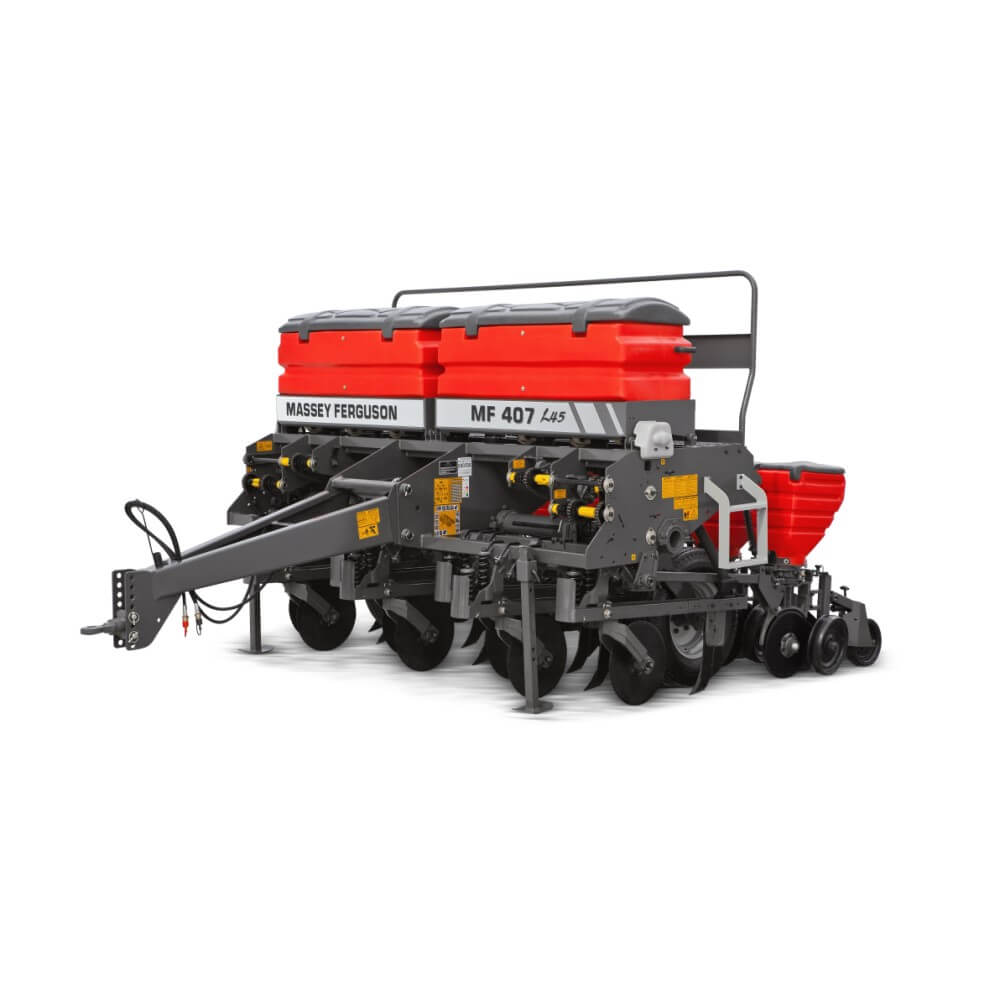
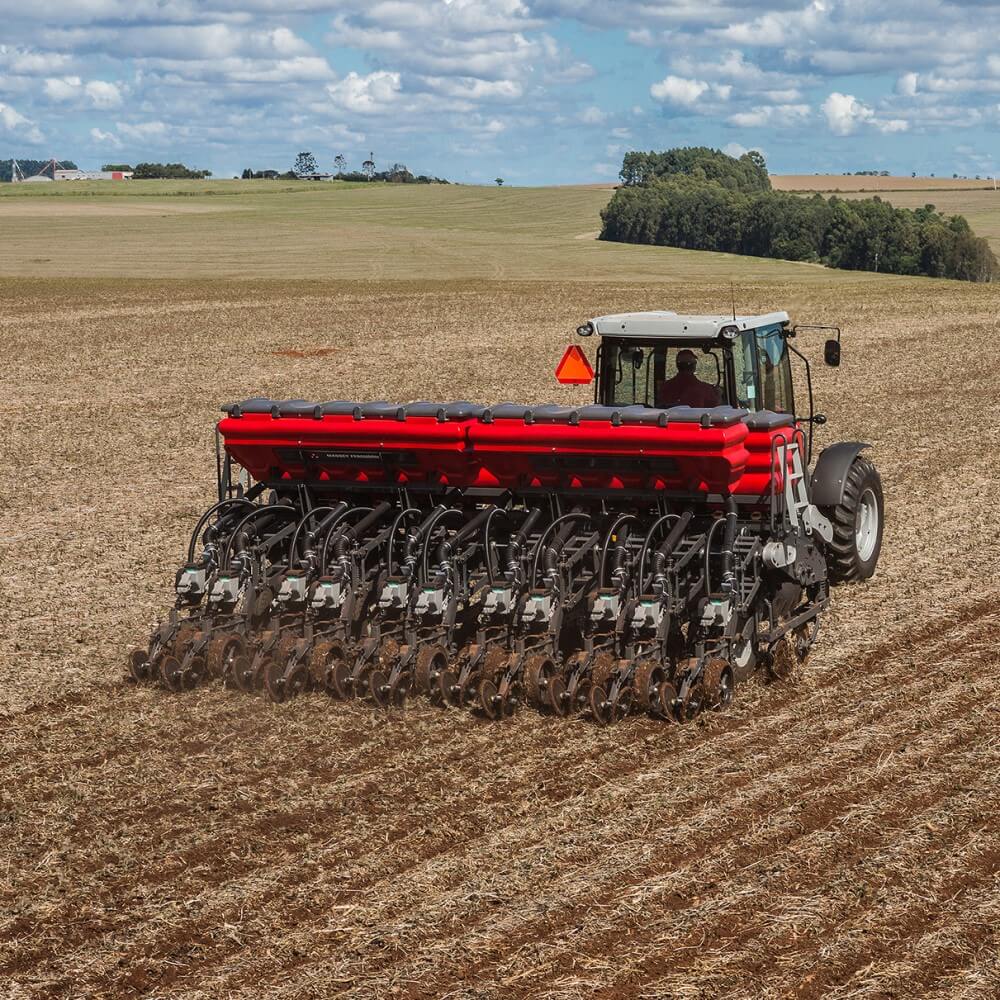
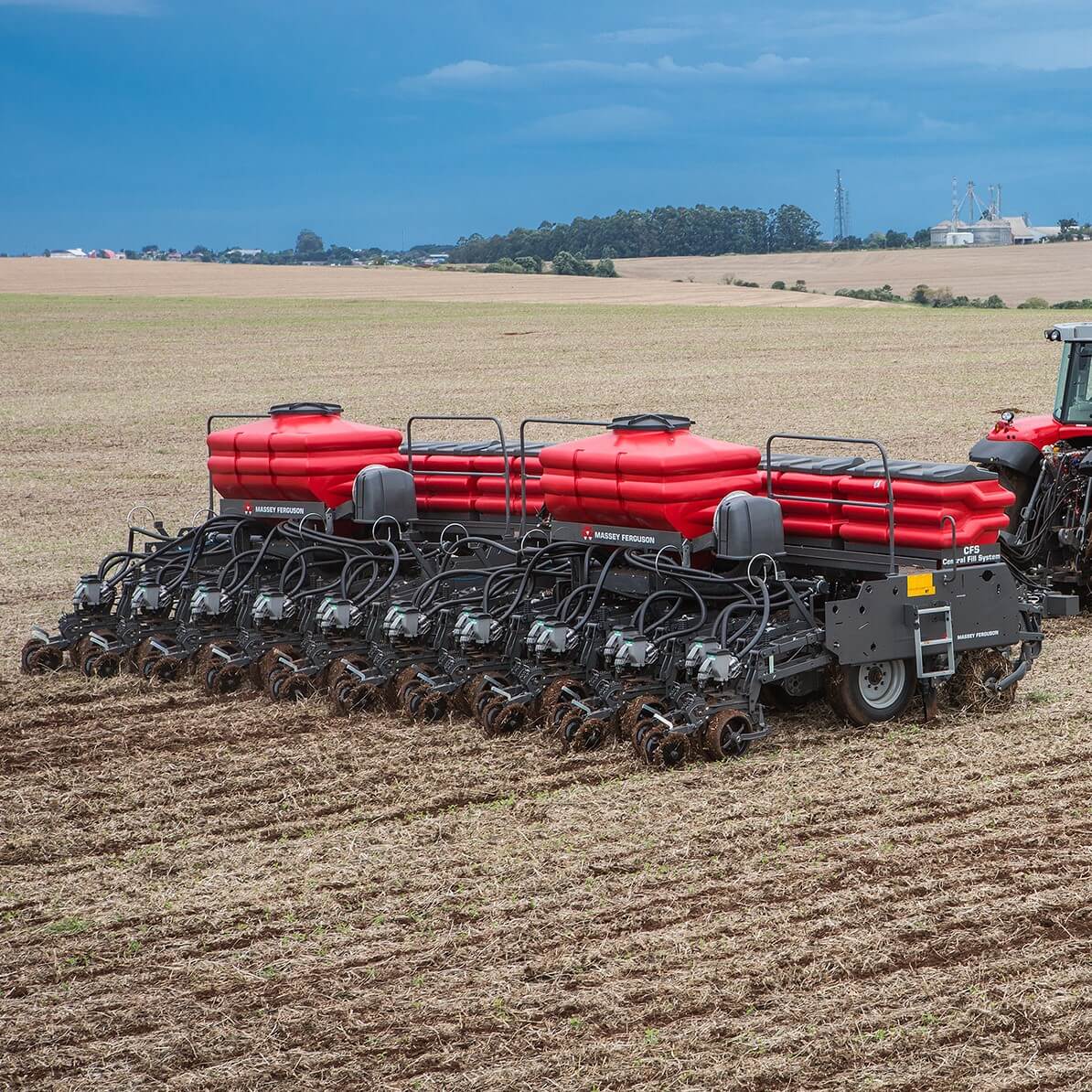
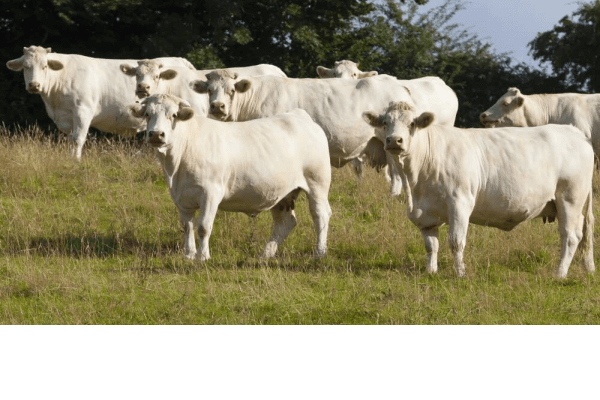


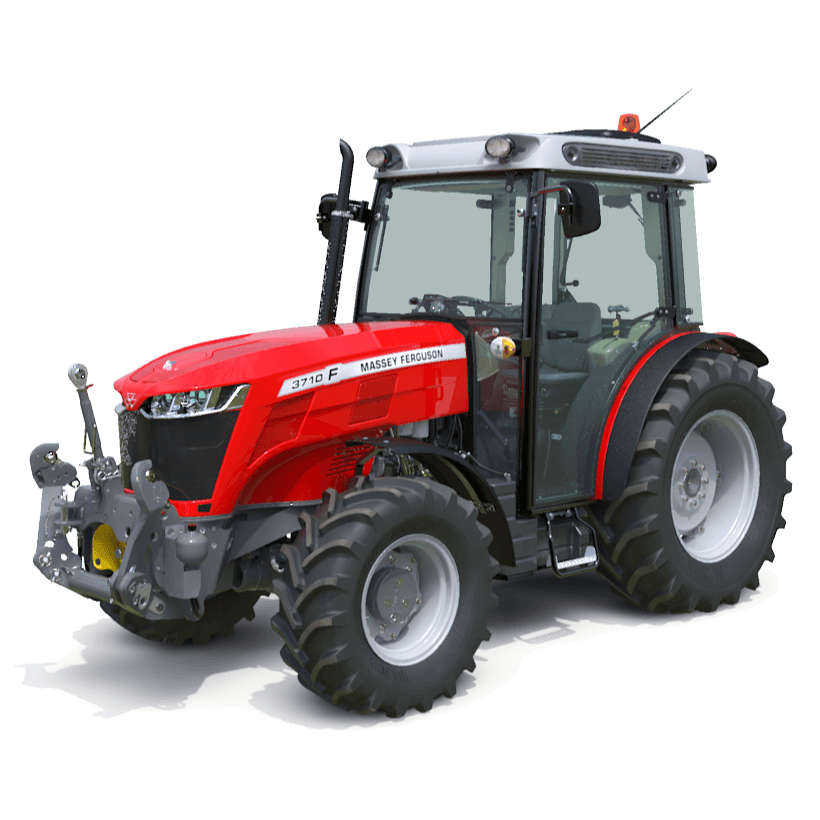
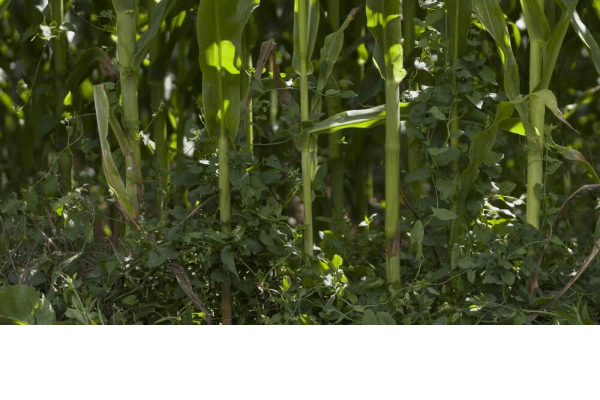
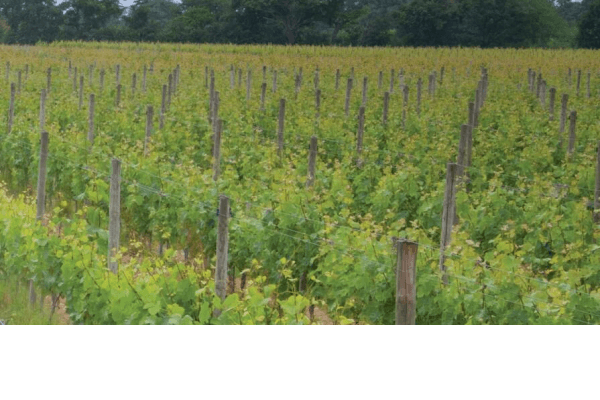
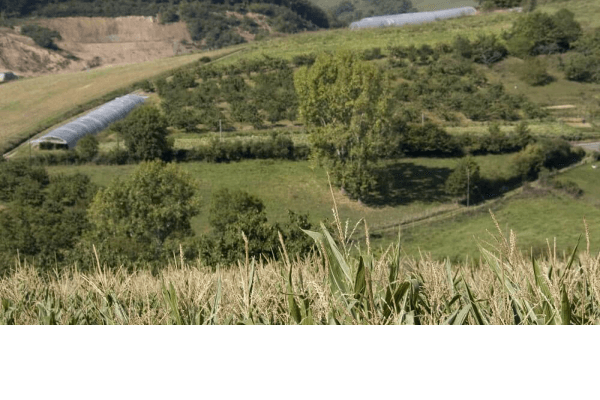
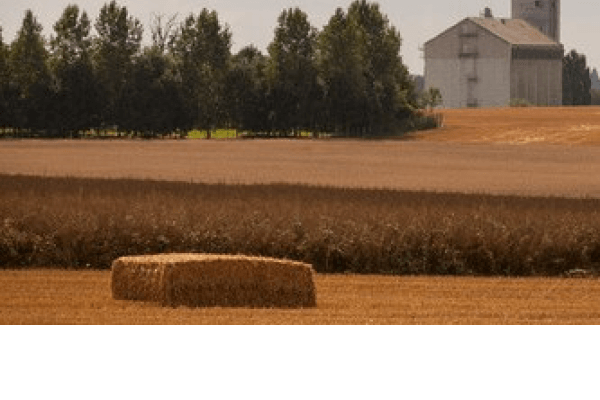

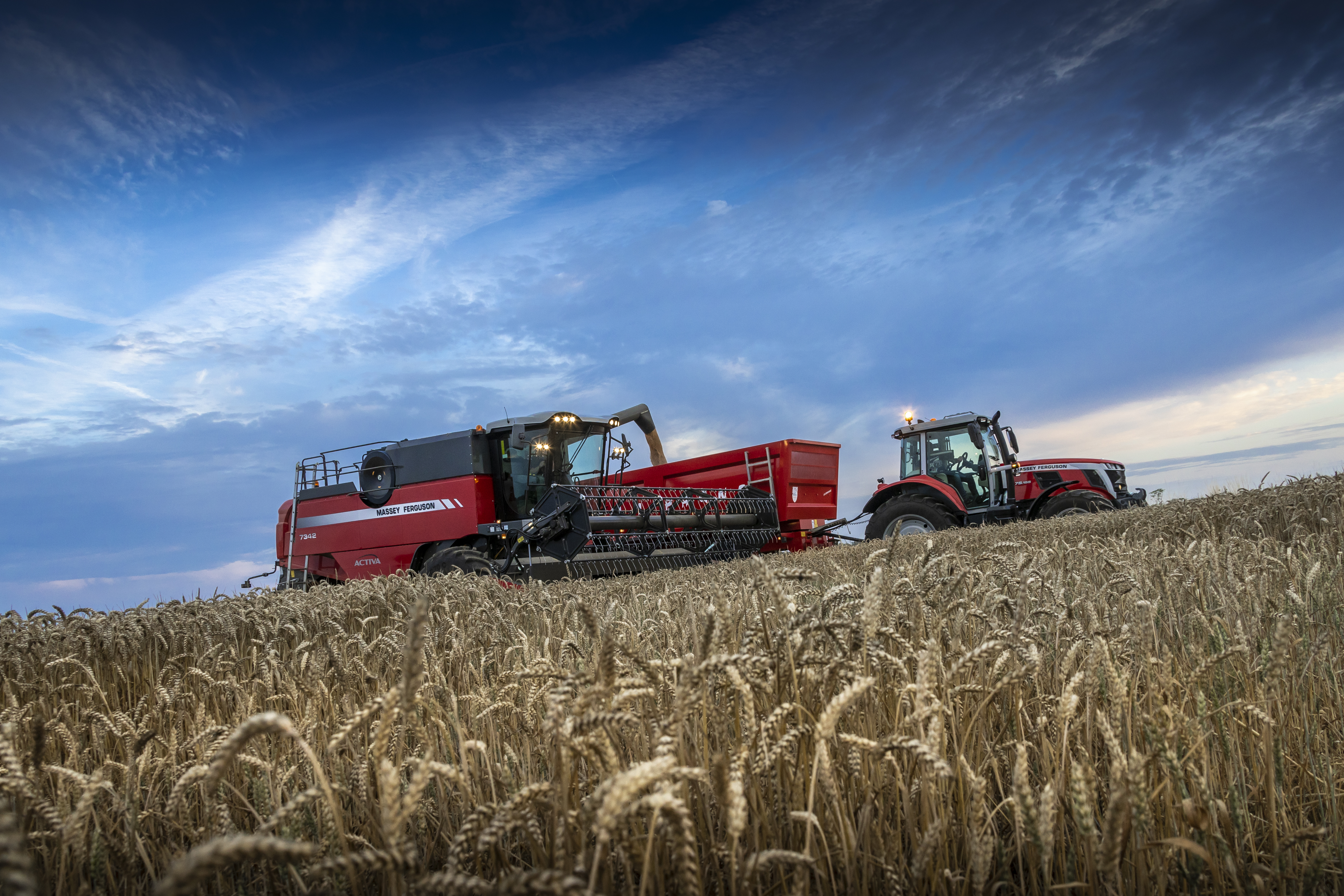
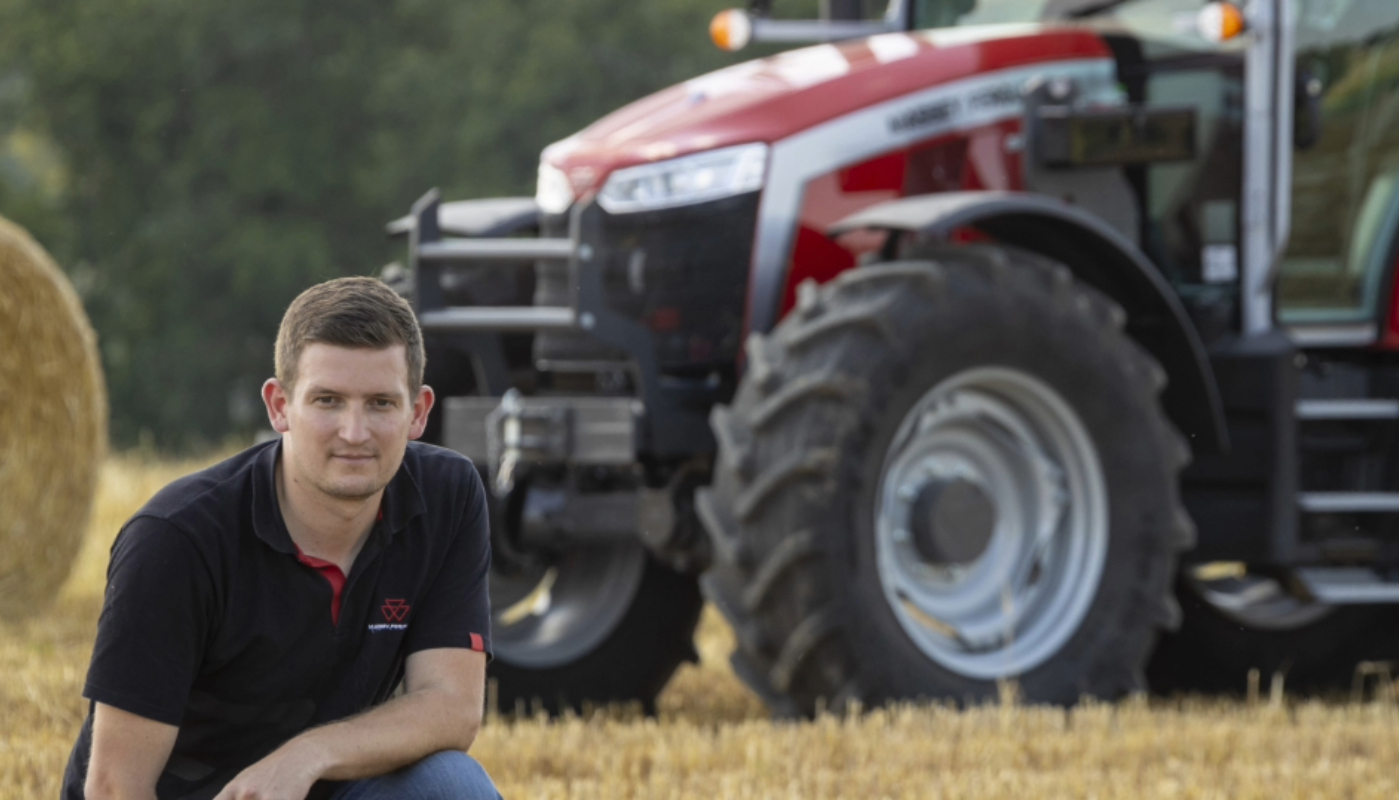

Share